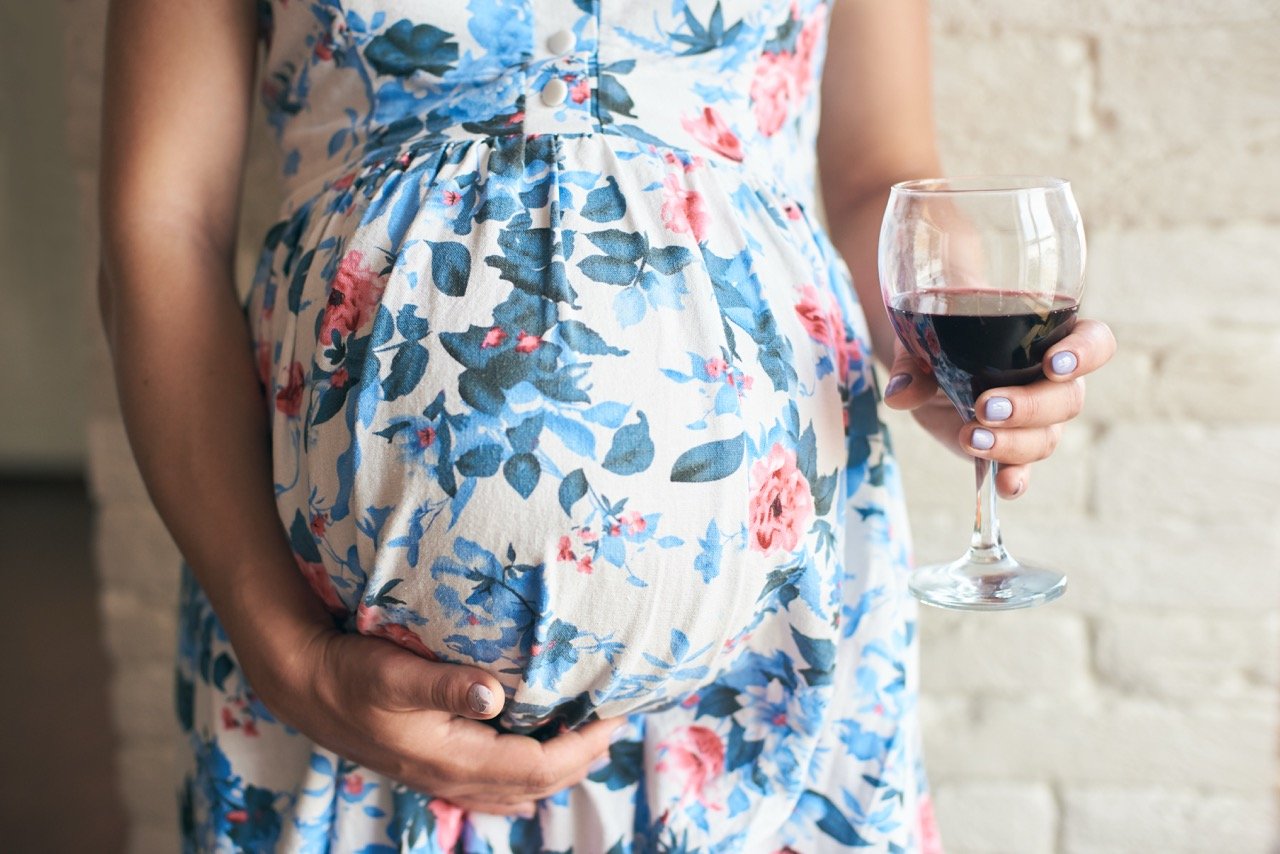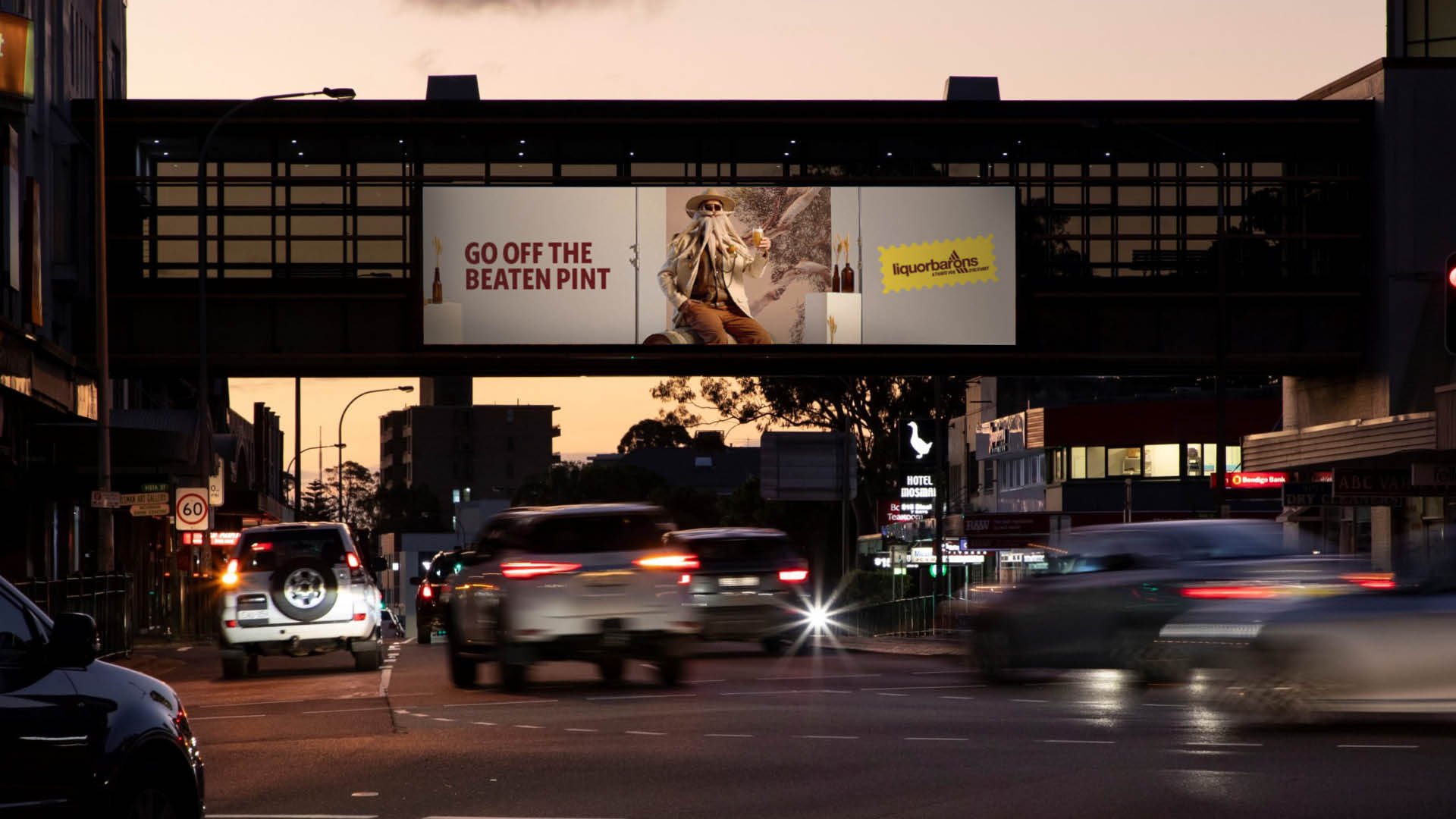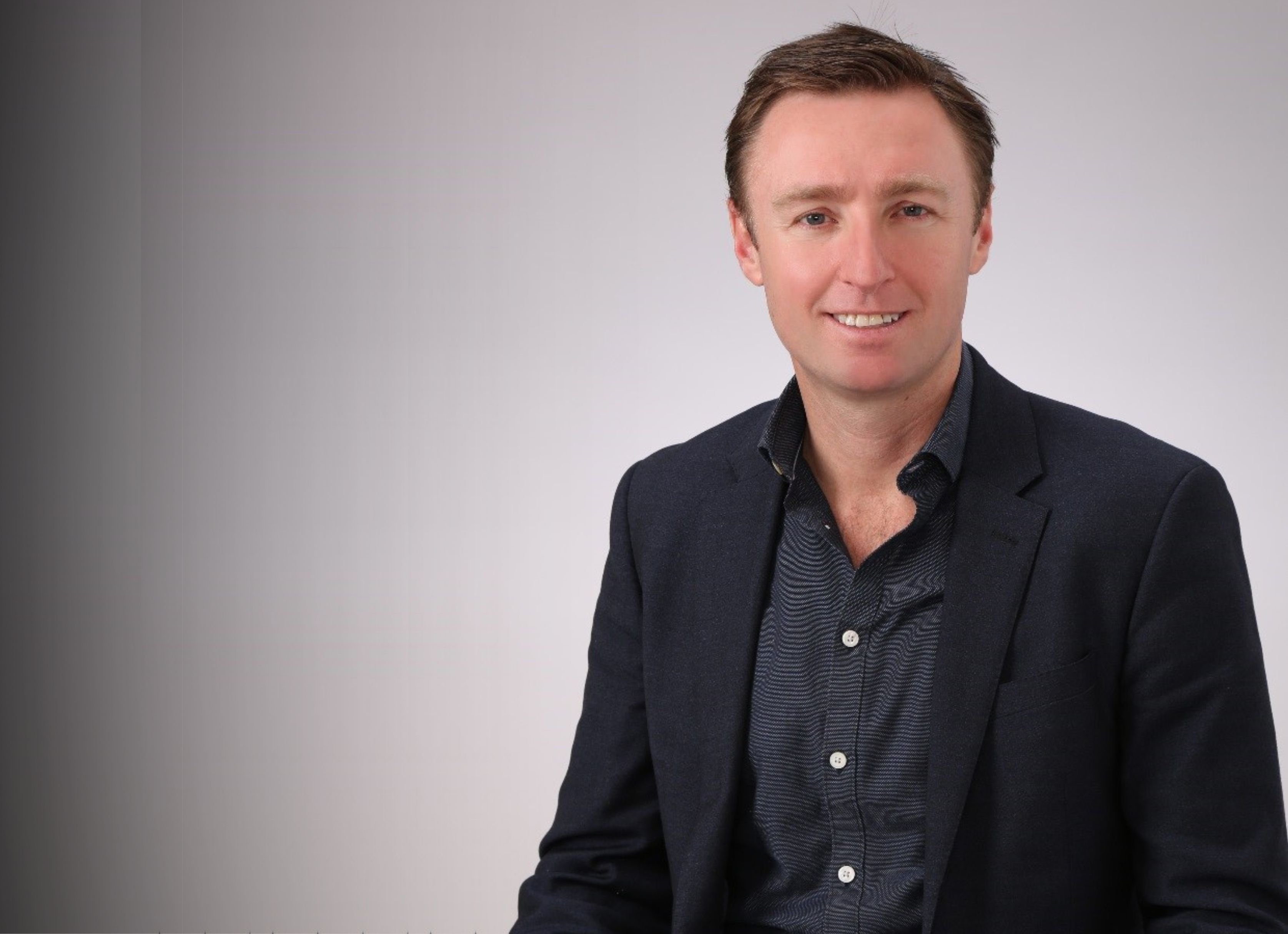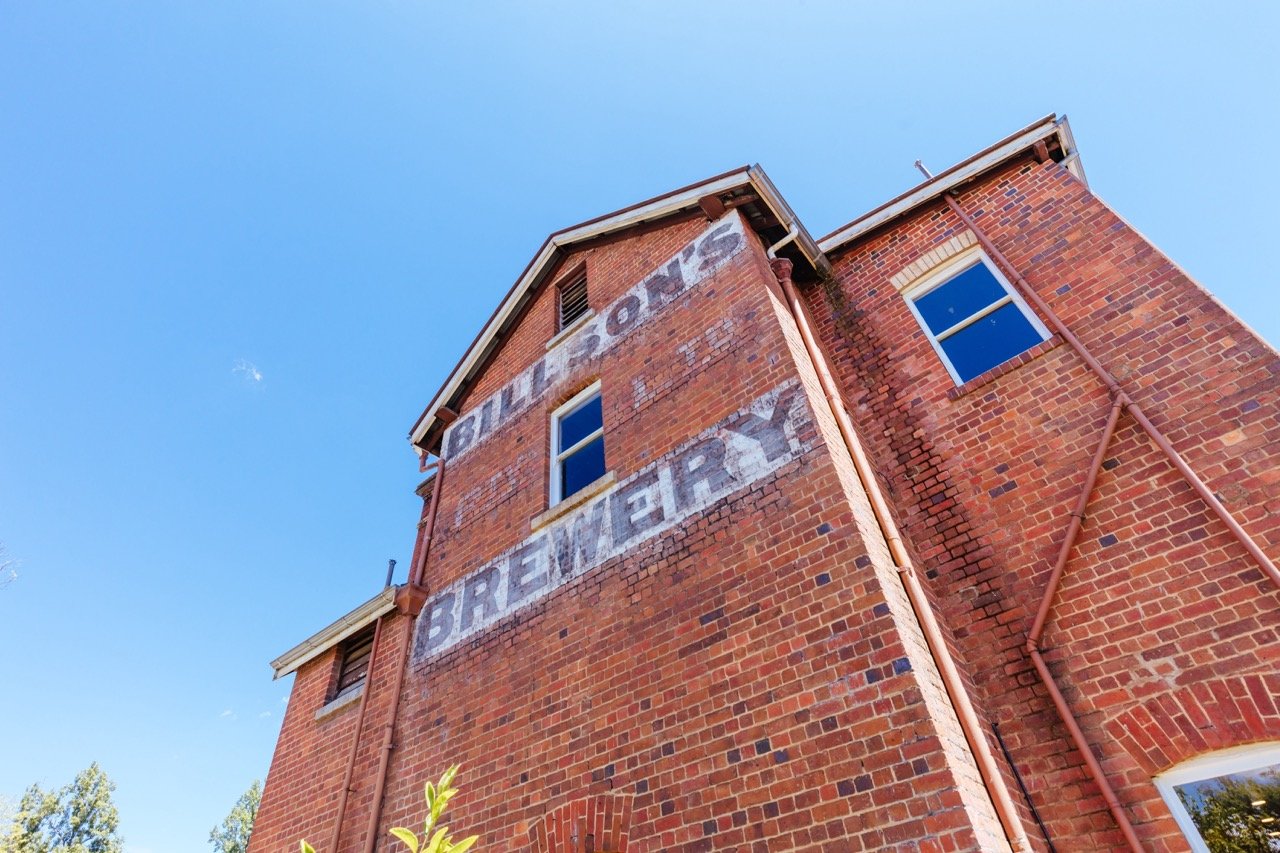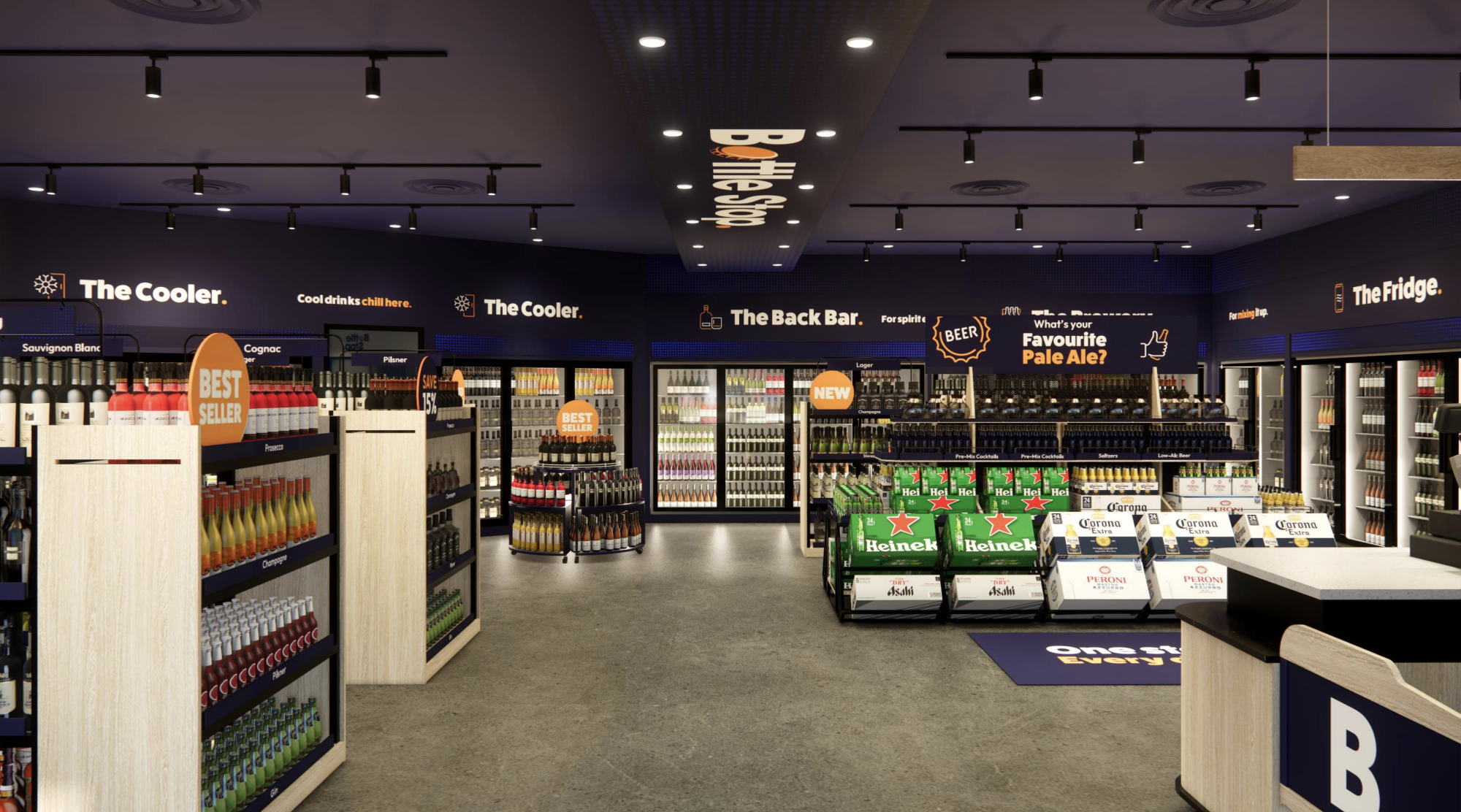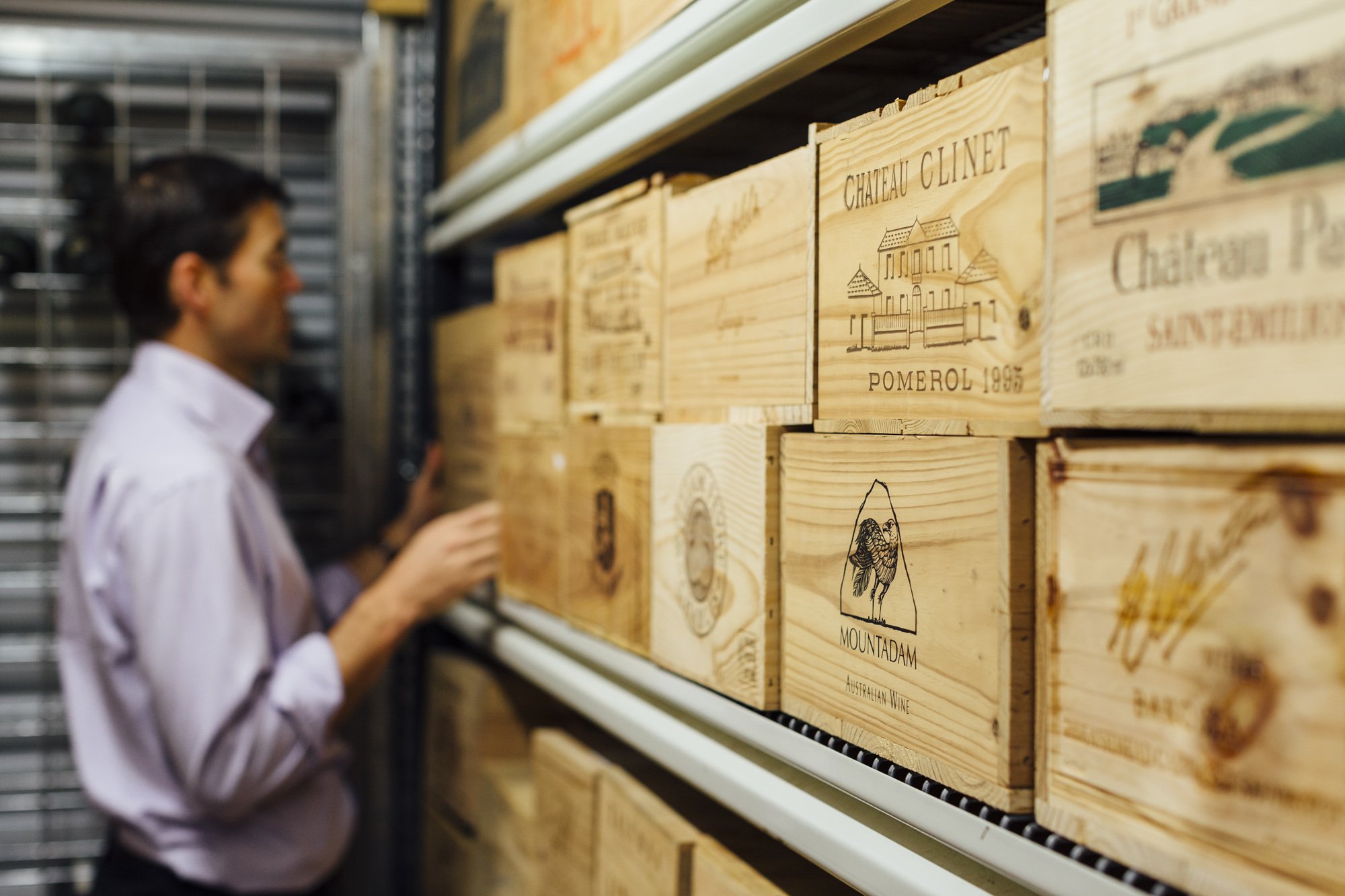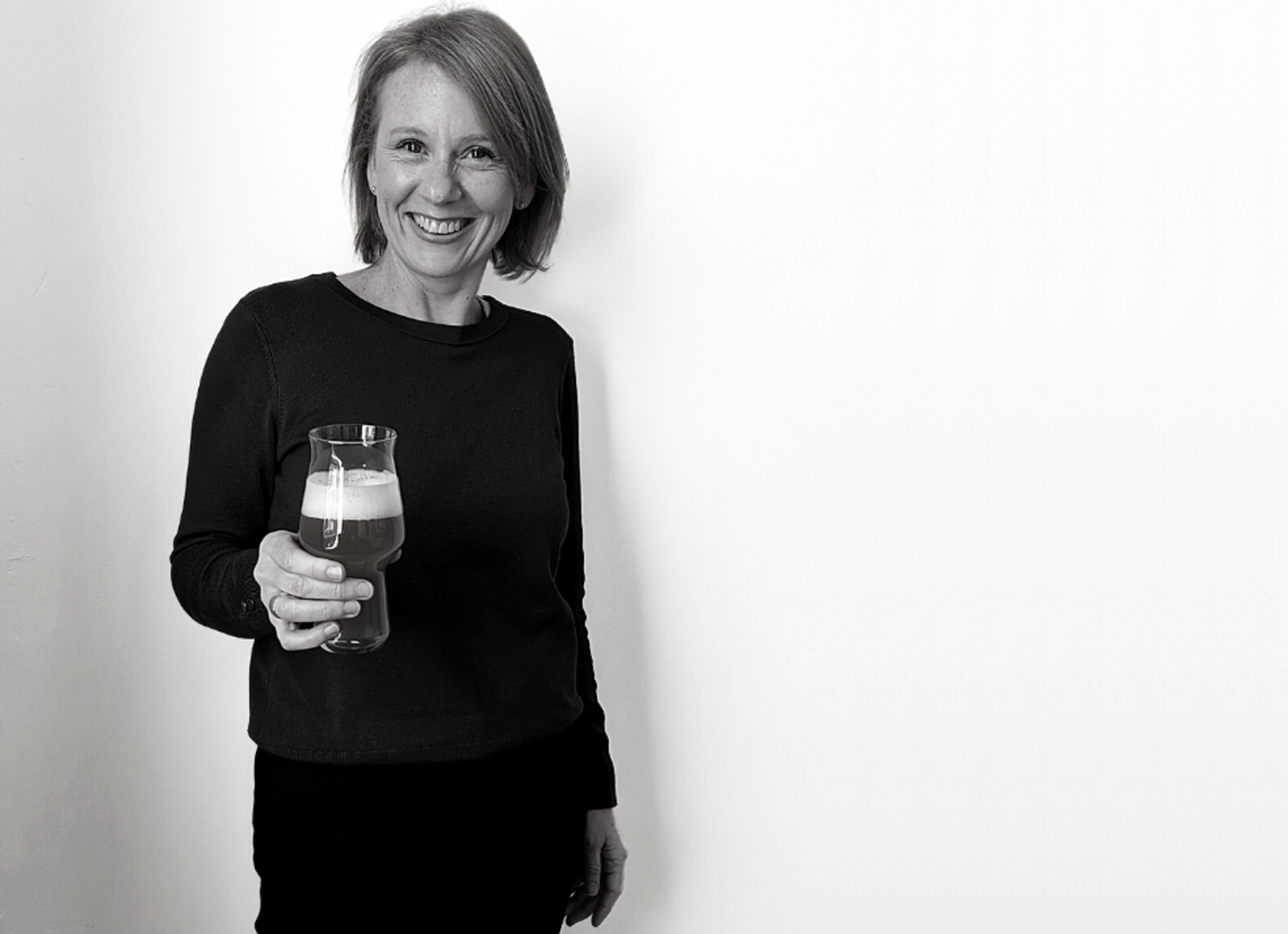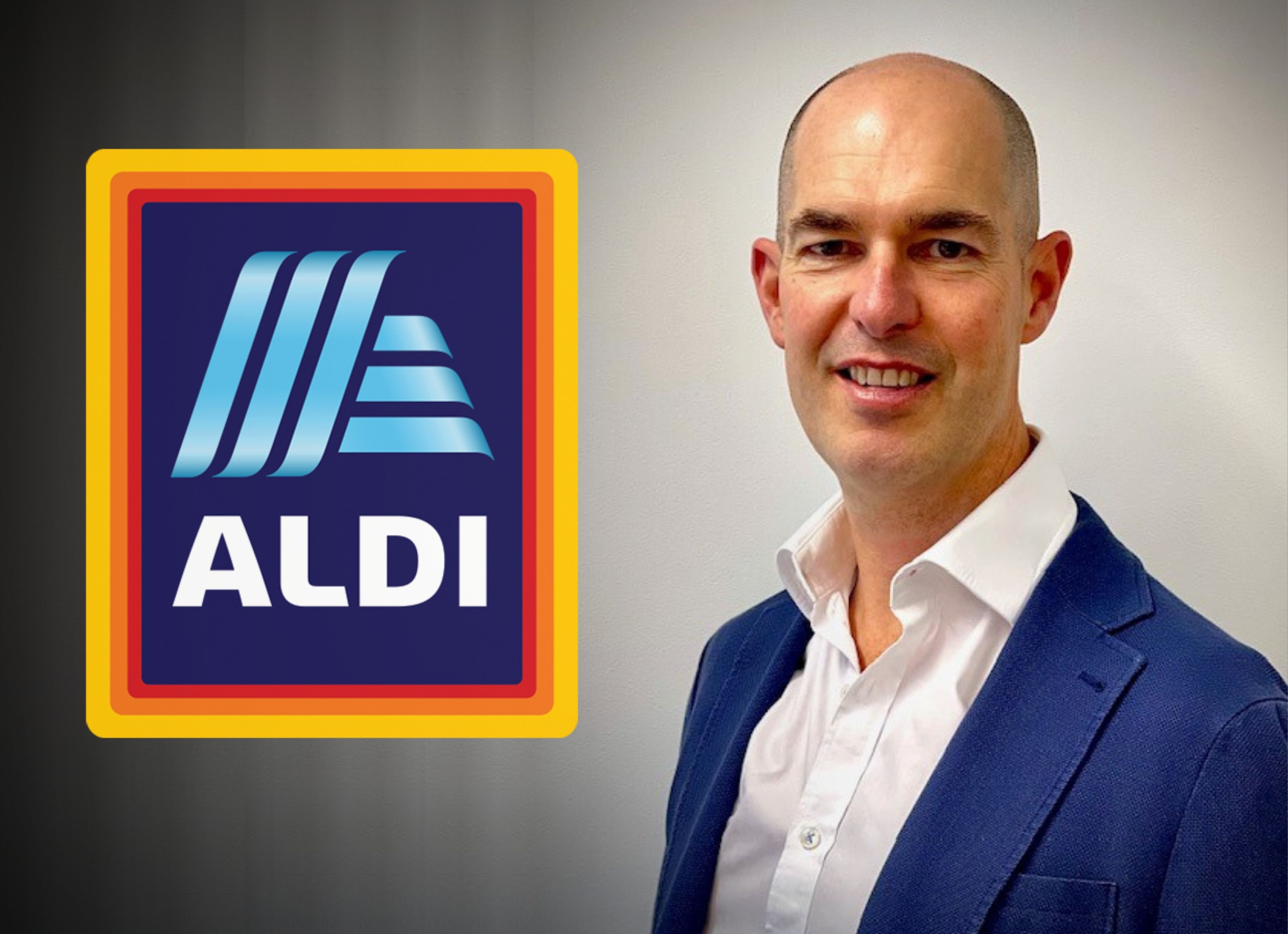Earlier this month, DrinkWise launched a new campaign educating about Fetal Alcohol Spectrum Disorder and the dangers of consuming alcohol when pregnant. Research quoted in this campaign suggests that, overall, Australian consumers are becoming notably more conscious of the risks involved in drinking during pregnancy, with 87% of females aged 18-44 declaring no amount of alcohol should be consumed during pregnancy compared to 77% in 2018.
To develop a better understanding of FASD and the real-life implications of drinking whilst pregnant, Drinks Trade chatted with Dr Colin Walsh, an Obstetrician and Maternal Fetal Medicine specialist at Sydney’s North Shore Private Hospital and the Mater Hospital who specialises in high risk pregnancies.
Drinks Trade: Firstly, what is the official medical advice around drinking while pregnant?
Colin Walsh: The guidelines or the recommendations for women in pregnancy are pretty black and white…. that women should really drink no alcohol at all during pregnancy, and that's been the case for a number of years. No one has ever been able to demonstrate a quantity of alcohol which has been shown to be safe.
DT: We’ve occasionally heard perspectives of liquor retailers/industry workers hearing from pregnant customers that ‘having one won’t hurt’... How dangerous is low-level alcohol consumption during pregnancy?
CW: Every year at Christmas time in particular/in early January, you get patients who come to see you who are freaking out because they've just had an office Christmas party, and they've drunk seven vodkas and Red Bulls and then the next week they find out that they were actually three weeks pregnant all along.
That wouldn't be the ideal textbook start to a pregnancy. Having said that, if the woman chooses to abstain from alcohol for the remainder of the pregnancy, and this was simply a once-off before she knew she was pregnant, it would seem that that's unlikely to result in a baby with Fetal Alcohol Spectrum Disorder. So the babies who develop FASD, they do seem to need (to the best of our knowledge) to be exposed to high-ish amounts of alcohol, but at a sustained level throughout the pregnancy, not just a single binge.
In the past there was this idea that if the woman's in the first trimester when the baby is the most vulnerable to external influences and medications, etc., [and] that you should abstain from alcohol in the first trimester, but it was safe to drink in the rest of the pregnancy. That's no longer the case, and the guidelines are not to drink at any stage in the pregnancy.
DT: How does it compare to other established bad habits during pregnancy - such as smoking - and why has the official stance on FASD changed over time?
CW: I can remember a time when I started off obstetrics 20 years ago overseas in Ireland, where the typical advice back then that was given to pregnant women was that they could have two drinks a week. That was the official advice from the government/from the health department - if you limit it to two units of alcohol per week, you'll be safe - and that was not unique to Ireland, other countries said the same. And the truth is that - babies back then - it's not like a huge proportion of babies were being born with major developmental problems.
It's different to smoking, you know, which has always been a bit of a no-no in pregnancy, but I suppose the reason the message has changed for the patients is because it's not ethical to do studies on pregnant women. You can't line up ten pregnant women and give one woman one drink a day, the next woman two drinks a day, the next woman three drinks a day… so the argument made is that no one's ever proven that two units a week is completely safe for the baby, and because we're not able to prove that it's safe, we have to lean on the conservative side.
DT: What is the known link between drinking any alcohol while pregnant and FASD?
CW: Fetal Alcohol Spectrum Disorder is, for the record, not something you'll ever pick up on ultrasound scan, and it's not even something you'll pick up when you're looking at a baby in your arms the day the baby is born. It's something that comes to light potentially down the track with subtle clues and subtle features, so the diagnosis is quite elusive, and, in fact, it may never get put together.
This is not like a baby who's born with a cleft lip or something where it's immediately apparent from birth that there's a problem that can be fixed, these are babies who are born who look relatively normal…It's when they're in later childhood - maybe they're having issues with their development or some other issues - and a developmental paediatrician takes a history and finds out the woman [was] drinking during the pregnancy.
There may be women who are potentially drinking a lot of alcohol but secretly, and then they give birth, and then when the baby's three or four or five years of age, the baby has some kind of behavioural issue, which could have a number of causes, and no one – [neither] the paediatricians at that stage or the GP - starts asking about five years ago how much alcohol did you drink in your pregnancy? So undoubtedly some of these cases are subtle and mild and probably never get diagnosed or escape detection because it can be such a difficult diagnosis.
It's not an easy condition to diagnose, and because we don't know what the safe amount of alcohol to drink is to eliminate the possibility of FASD, we tend to err on the very, very cautious side.
DT: What do you as a medical professional say to patients who admit to having drunk alcohol while patient?
CW: Very occasionally, you might have a patient who's in the third trimester who's just had a wedding anniversary or whatever, and she might have a single glass of wine. That's very unlikely that a single glass of wine is going to cause Fetal Alcohol Spectrum Disorder, but there is a concern about a bit of a slippery slope argument. If you say to your patient, okay, you're going to Bali this week for your babymoon… you can have a couple of drinks while you're there, what they hear from you as the professionals is it's okay to drink.
DT: How about with demographics? I’d imagine that their would be certain medical clinics where conversations around drinking while pregnant are more prevalent much as the same would be true for consumer-facing liquor positions in certain regions or areas?
CW: I work in the North Shore of Sydney, so I'm probably not saying people don't drink alcohol in the North Shore, but the average patient I'd look after is probably on average slightly older, or maybe you could argue maybe a little bit better read than some other patients in perhaps other parts of the country.
The patients you might see if you go to other parts of Australia maybe would be a different demographic. Maybe younger women, different socioeconomic backgrounds, different levels of education, etc. So most patients that I see – I normally talk about it at the first visit, but I talk about do you smoke, do you drink, do you take drugs, and most people say no. But if the drinking thing, if they sort of show interest, or [say] can I drink, you normally have that conversation of the safest thing is zero.
That's obviously different to if you're working in, say, a public clinic in a different part of Australia. You've got these 18, 20-year-old young ladies coming in who are pregnant who are drinking four or five days a week. I suppose that's a very serious situation potentially because those babies, if they're exposed in utero to that level of alcohol, it's possible that those babies could have lifelong consequences as a result of all that alcohol exposure.
So that can be very challenging because those particularly younger girls who are pregnant, you're probably never going to get them to stop drinking altogether, but you still have to sort of do your best, which may or may not be successful, I suppose. Same with smoking.
That's been the message for at least the last 10 years. It's very clear-cut.
//
In its recent campaign, DrinkWise partnered with Sophie Delezio, a soon-to-be first time mother, who endured acute hardships and health challenges growing up as a result of two severe traffic incidents.
Sophie Delezio said: “Having overcome significant obstacles throughout my life, I’ve come to deeply appreciate how precious and fragile life can be. While my challenges were not preventable, I know that FASD is - which is why I’m committed to spreading this vital message.
“As I enter motherhood for the first time, I understand the importance of making informed choices during pregnancy. Whilst most people are aware that they should avoid alcohol during pregnancy, they might not fully understand the devastating impacts of FASD.
“Growing up, I had a friend who was diagnosed with FASD and I saw how it affected their daily life. My goal is to encourage all mums and mums-to-be to make the best choices for their babies by avoiding alcohol when trying for a baby, during pregnancy and while breastfeeding.
“A baby’s health is not something to be taken for granted but by making this important choice I can help give my child the best possible start in life - I hope others make this choice too.”
Share the content
